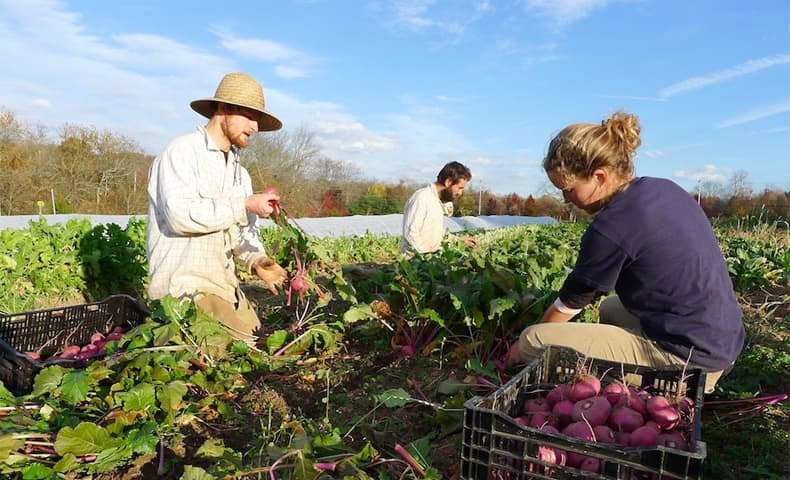
To the members of any farming family, the arrangements described here will seem entirely normal and appropriate. They are of course both of those things, however such intentions and understandings are always influenced by time and relationships.
Farming families constantly grapple not only with the business issues of running a successful operation, they also deal with issues such as making the farm an attractive career prospect for future generations, how to equitably deal with the family assets between children that do not desire to or cannot continue the operation in the future.
In most cases, these matters are discussed in kitchens or similar family meetings. More often than not certain promises are made or ‘understandings’ are reached about what will happen to the farm when the current generation are deceased; and more particularly how things will be divided up among children that wish to continue working the farm and those that have already left to pursue other careers.
There is rarely a more convoluted mixture of business and family issues than in a farming family. Many of the promises and understandings have the dual character as being for the benefit of the operation and are also coloured with the desire of an emotionally cohesive family. The law is ill-equipped to deal completely with such complexities because it generally holds parties to promises to different standards depending on whether the relationship is commercial, familial or social.
Some of the tools that the law has developed to cope with blended issues like this, are premised upon the relative strengths and weaknesses in the negotiating position of the parties and whether or not any deceitful behaviour has been engaged in to achieve an unjust outcome.
One leading example of the application of these tools is in Bridgewater v Leahy, which was a farming family setting and required an examination of whether or not one party held an influence over the other that was leveraged to induce a transfer of some land.
More recently, the Victorian Supreme Court dealt with a similar issue, however there were added complexities in that a long held family wide understanding had been broken, in addition to the possibility of an abuse of a family relationship for personal gain.
The long held understanding was, as stated by the father, that the “boys would get the farm” and the “girls would get the money”. To this end the father structured his will accordingly and although he pre-deceased the mother, she continued with the same mantra and structured her will accordingly.
The ‘boys’ continued to work the farm in the mother’s later years and all seemed well until a falling out between the boys occurred for varied reasons (possibly some improper dealing with farm assets and perhaps even insurance fraud), such that they could no longer work together and one brother left the farm (“brother A”) to pursue work elsewhere.
Upon the mother’s death, it was discovered that a new will had been made some years later and on the same day the mother had transferred ownership of the farm to the son who remained on the farm (“brother B”)for no consideration.
Brother A successfully sued brother B for an entitlement to 50% of the farm and assets. The Court held that brother B held a significant influence over the then 91-year-old mother and that he had unduly used that influence to procure the making of a new will and transferring the property. Where this case went further in dealing with the complexities of farming family arrangements, was to state that the ‘common understanding’ of the family had been held so long that brother B could not ignore its existence; and the only just result was to see the parties restored to the position they would have been had the promise been kept.
All too often, these situations reveal the need for families to receive competent advice and even include advisors in the occasional family meeting. Additionally, regular review and the establishment of appropriate measures to deal with disputes would reduce the need for protracted litigation. However, the law is clearly growing and changing in an attempt, albeit behind the curve, to keep up with family business issues currently arising in our society.






